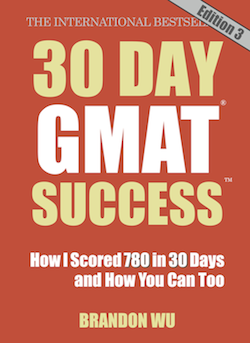The Official Guide 13th Edition How To Verbal: Page 531, #101
When the task is to logically complete an argument, one important consideration in selecting an answer is not to go beyond the information already provided. In other words, you need to determine what key words from the argument need to be in your answer choice, and then eliminate answer choices that don’t contain those key words.
Question 101 from the Official Guide 13th Edition asks you to explain why a certain fact is misleading. That fact is “…irradiation is no worse in this respect than cooking” and the reason given is that both irradiation and cooking destroy much of the vitamin B1 content in food. Therefore, the correct answer needs to mention B1, irradiation, and cooking. Let’s examine the options.
A) The GMAT loves to include incorrect answers that appeal to test-takers emotions or personal beliefs. You may agree with this statement, but it isn’t linked to the argument. Only irradiation is mentioned in the answer, so it cannot be correct.
B) This answer also does not mention cooking or B1, so it cannot explain why the statement is misleading.
C) We are getting closer with this answer, but B1 is still not mentioned.
D) Yes – all three key words are here. Hang on to this answer for closer examination.
E) Yes – all three key words are here. Hang on to this answer for closer examination.
Now that you have eliminated three answers, you can closely compare the final two.
D) Does the answer really complete the task? Another way in which critical reasoning answers can be deceptive is that they complete another task, rather than the assigned one. This answer strengthens the argument, rather than logically completing it because it explains that the effects of cooking can be worse than those of irradiation.
E) This answer is correct because it indicates that irradiating food that will also be cooked further reduces the B1 content. Note that this answer does not weaken the statement “…irradiation is no worse in this respect than cooking,” but it gives a reason that taking that statement at face value can be misleading. Therefore, it completes the task correctly.
Working under the time limitations of the GMAT can make analyzing critical reasoning questions difficult. By first identifying key words and eliminating answers that don’t contain those key words, you will end up analyzing fewer answers in-depth and be able to arrive at the correct answer more efficiently.
Want more information? Check out the Critical Reasoning section of my 30 Day GMAT Success book!
(Image Courtesy of Jess Pac with Creative Commons License)

